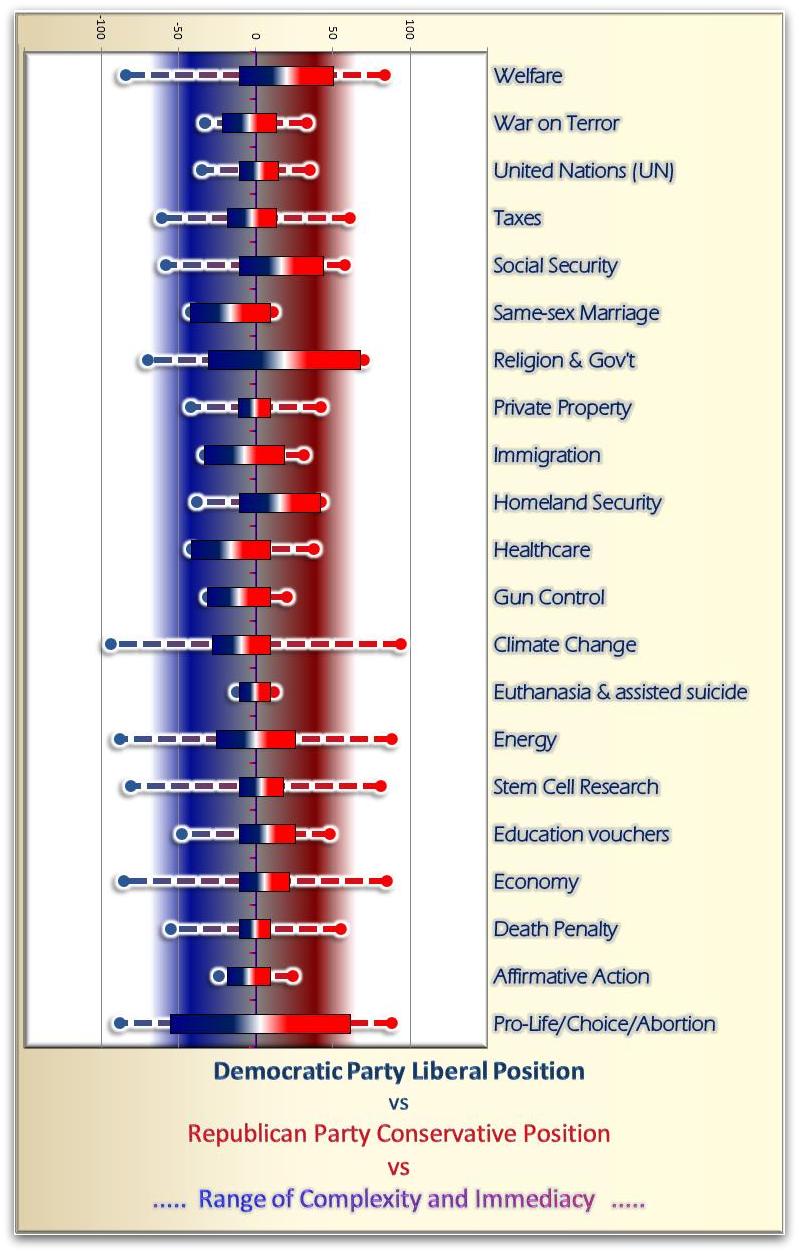 |
The Newsroom (TV Series) |
 Will McAvoy: And yeah, you... sorority girl. Just in case you accidentally wander into a voting booth one day, there are some things you should know, and one of them is: There is absolutely no evidence to support the statement that we're the greatest country in the world. We're seventh in literacy, twenty-seventh in math, twenty-second in science, forty-ninth in life expectancy, 178th in infant mortality, third in median household income, number four in labor force, and number four in exports. We lead the world in only three categories: number of incarcerated citizens per capita, number of adults who believe angels are real, and defense spending, where we spend more than the next twenty-six countries combined, twenty-five of whom are allies. None of this is the fault of a 20-year-old college student, but you, nonetheless, are without a doubt a member of the WORST-period-GENERATION-period-EVER-period, so when you ask what makes us the greatest country in the world, I don't know what the (expletive) you're talking about! Yosemite?
Will McAvoy: And yeah, you... sorority girl. Just in case you accidentally wander into a voting booth one day, there are some things you should know, and one of them is: There is absolutely no evidence to support the statement that we're the greatest country in the world. We're seventh in literacy, twenty-seventh in math, twenty-second in science, forty-ninth in life expectancy, 178th in infant mortality, third in median household income, number four in labor force, and number four in exports. We lead the world in only three categories: number of incarcerated citizens per capita, number of adults who believe angels are real, and defense spending, where we spend more than the next twenty-six countries combined, twenty-five of whom are allies. None of this is the fault of a 20-year-old college student, but you, nonetheless, are without a doubt a member of the WORST-period-GENERATION-period-EVER-period, so when you ask what makes us the greatest country in the world, I don't know what the (expletive) you're talking about! Yosemite? |
It can indeed. Is
objectivity the
first step?
|
Will McAvoy: [pause] We sure used to be. We stood up for what was right. We fought for moral reasons, we passed laws, struck down laws for moral reasons. We waged wars on poverty, not poor people. We sacrificed, we cared about our neighbors, we put our money where our mouths were, and we never beat our chest. We built great big things, made ungodly technological advances, explored the universe, cured diseases, and we cultivated the world's greatest artists and the world's greatest economy. We reached for the stars, acted like men. We aspired to intelligence; we didn't belittle it; it didn't make us feel inferior. We didn't identify ourselves by who we voted for in the last election, and we didn't scare so easy. We were able to be all these things and do all these things because we were informed. By great men, men who were revered. The first step in solving any problem is recognizing there is one. America is not the greatest country in the world anymore.
Will McAvoy: [to moderator] Enough?
Controversial, of course. Provocative as well, and the statistics are contestable but reasonably accurate. Are his comments on who we used to be equally supportable?
The House Committee on Foreign Affairs study on America's reputation internationally support the above rather pointedly.
From the Pew Research Center's report:
- Overwhelming numbers around the world continue to see the U.S as having a big — often bad — influence on their own countries.
- The U.S. was not seen as considering the interests of other countries in the conduct of its foreign policy, expectations about Obama notwithstanding.
- Majorities or pluralities in 20 of 24 publics believe that the U.S economy is hurting their own economies.
We've changed. Have we lost a part of our character as a nation?
The path ahead will always include change. Culture changes, ideologies change, politics change. Issues of national morality will not be invoked either in discussion or policy making unless we make it happen. True?
It is just a TV show, after all.
The path ahead will always include change. Culture changes, ideologies change, politics change. Issues of national morality will not be invoked either in discussion or policy making unless we make it happen. True?
It is just a TV show, after all.
.jpg)









.jpg)










